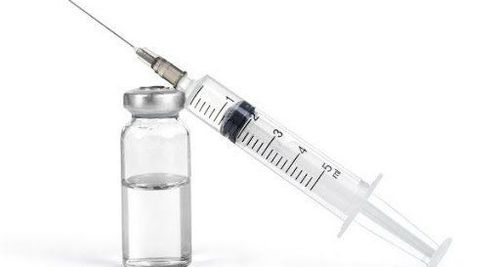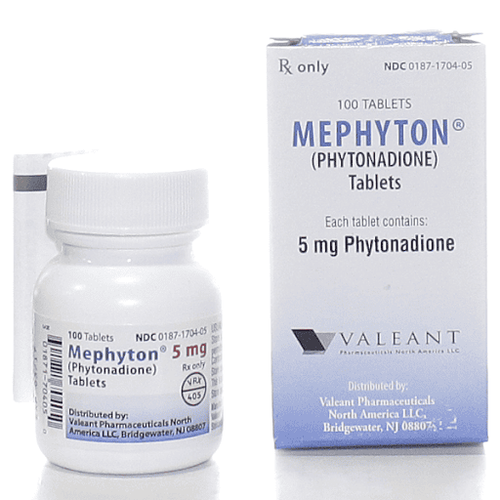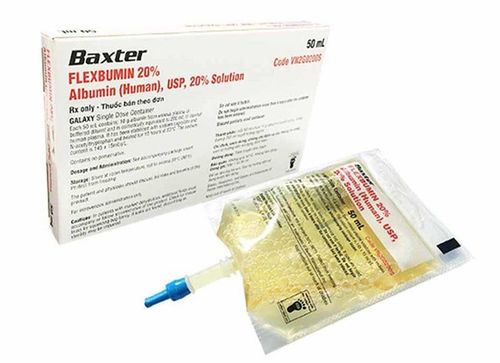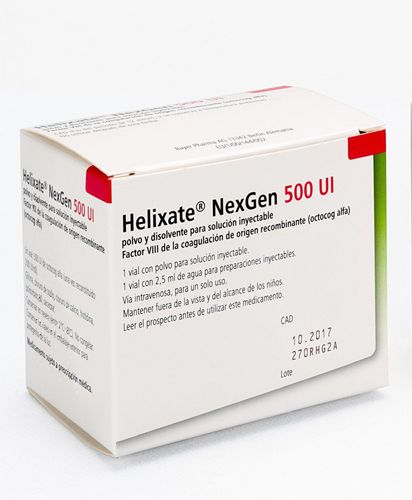This is an automatically translated article.
The article was professionally consulted by Specialist Doctor I Do Van Manh - Emergency Resuscitation Doctor - Emergency Resuscitation Department - Vinmec Ha Long International HospitalCurrently, in Vietnam, there are over 6,200 people with hemophilia, and only about 50% of them are diagnosed and treated promptly. If this condition persists, it will progress to dangerous diseases. So what is hemophilia and is it hereditary?
1. What is hemophilia?
Hemophilia is a blood clotting disorder caused by a decrease in clotting factors VIII and IX.
Depending on the deficiency of the clotting factor, hemophilia will be named differently:
Hemophilia A: decreased clotting factor VIII - this is the most common form of the disease, accounting for more than 80% of Hemophilia B: decreased clotting factor IX Hemophilia C: decreased clotting factor XI- autosomal recessive genetic disease
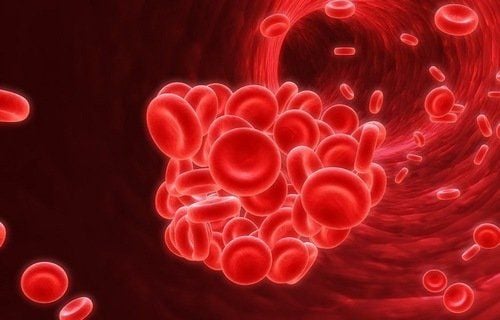
2. Is hemophilia hereditary?
Hemophilia is a bleeding disorder caused by a lack of factors necessary for blood clotting and is inherited.
Hemophilia A is the most common hemophilia and is inherited in boys. The X chromosome contains the gene for the production of clotting factors, which is heritable. When a male (with an XY chromosome set) receives the disease X from his mother, there are bound to be manifestations of hemophilia. If both parents carry the disease gene, then the disease will appear in the female.
If a girl has only one X chromosome, the disease will not show symptoms but can still be passed on to a boy. Therefore, men are at high risk of hemophilia, the number of women with this disease is very small because the probability that both parents carry the disease gene is very low.
In order for the next generation to be born healthy, a family member with hemophilia should have a genetic test to diagnose the disease gene to be consulted by a doctor about the genetic mechanism.
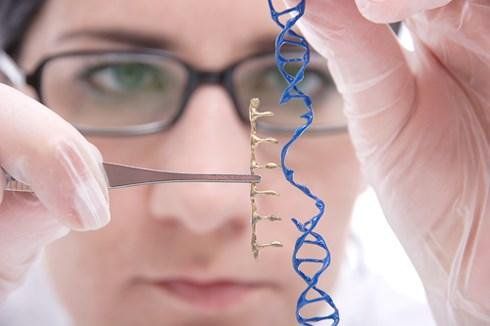
3. Is hemophilia dangerous?
People with hemophilia can experience uncontrolled bleeding from a minor injury. The disease can be life-threatening or disabling for patients with minor injuries such as a cut hand.
Bleeding can occur in many places on the body such as bleeding gums, gastrointestinal bleeding, bladder bleeding, bleeding under the skin, joints,... In places that are easy to touch such as arms , calves, knee joints, neck, shoulders, and legs may have some bruising.
Especially for patients with bleeding in the joints, the joints will be blood stasis, swelling, pain, redness, then lead to subacute and chronic degenerative arthritis if not treated promptly by compensate for the deficiency of coagulation factors.
Hemophilia is an inherited blood disorder, so it is necessary to carry out genetic testing to diagnose the disease gene, to avoid the risk of disease for the next generation.
Besides, patients with hemophilia can face many dangerous diseases such as deformed joints, disability, even life-threatening if not detected and treated promptly. Therefore, in addition to following the treatment regimen of the doctor, patients with hemophilia must also be careful in daily activities and activities to avoid injury.
Please dial HOTLINE for more information or register for an appointment HERE. Download MyVinmec app to make appointments faster and to manage your bookings easily.





